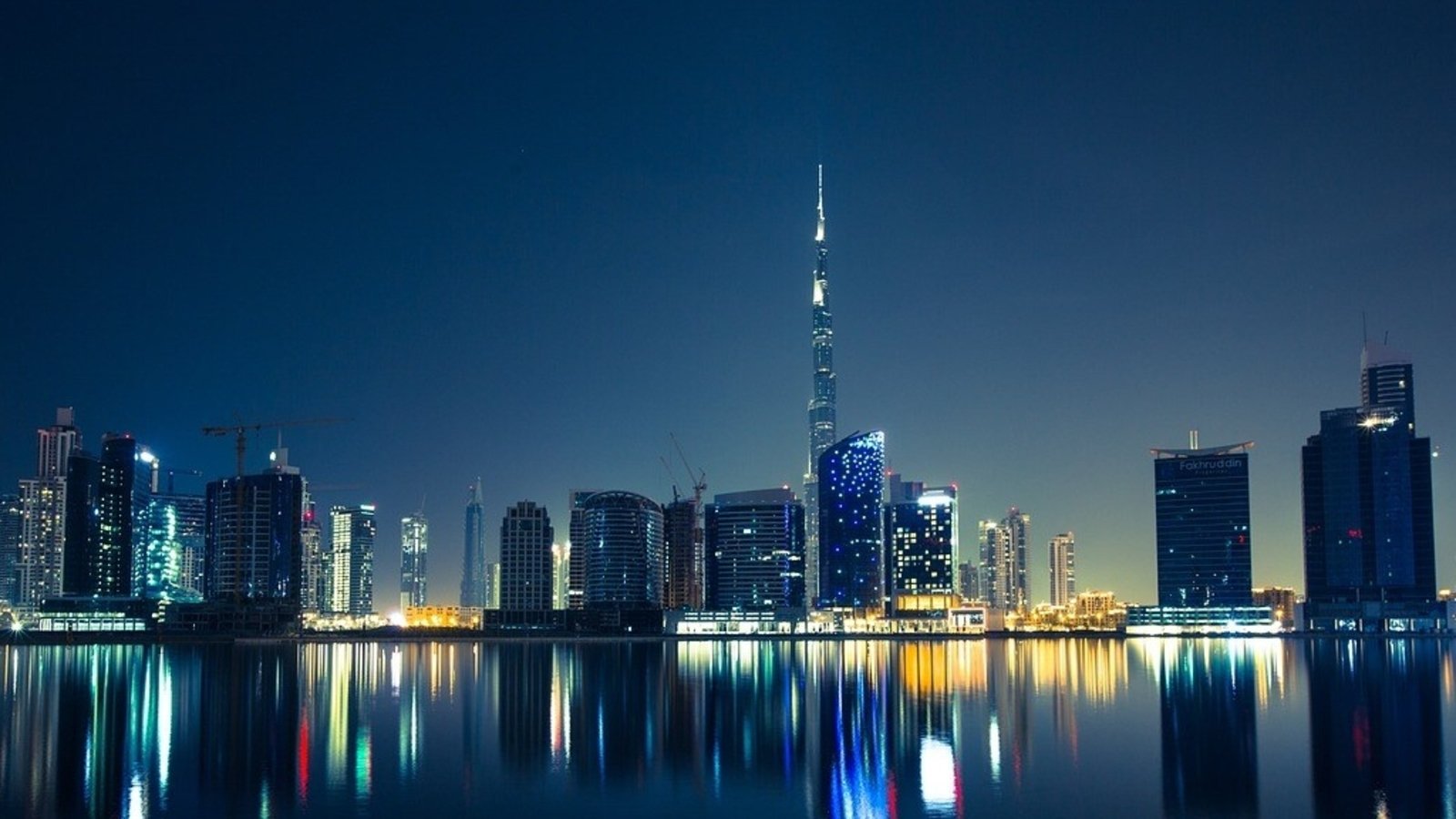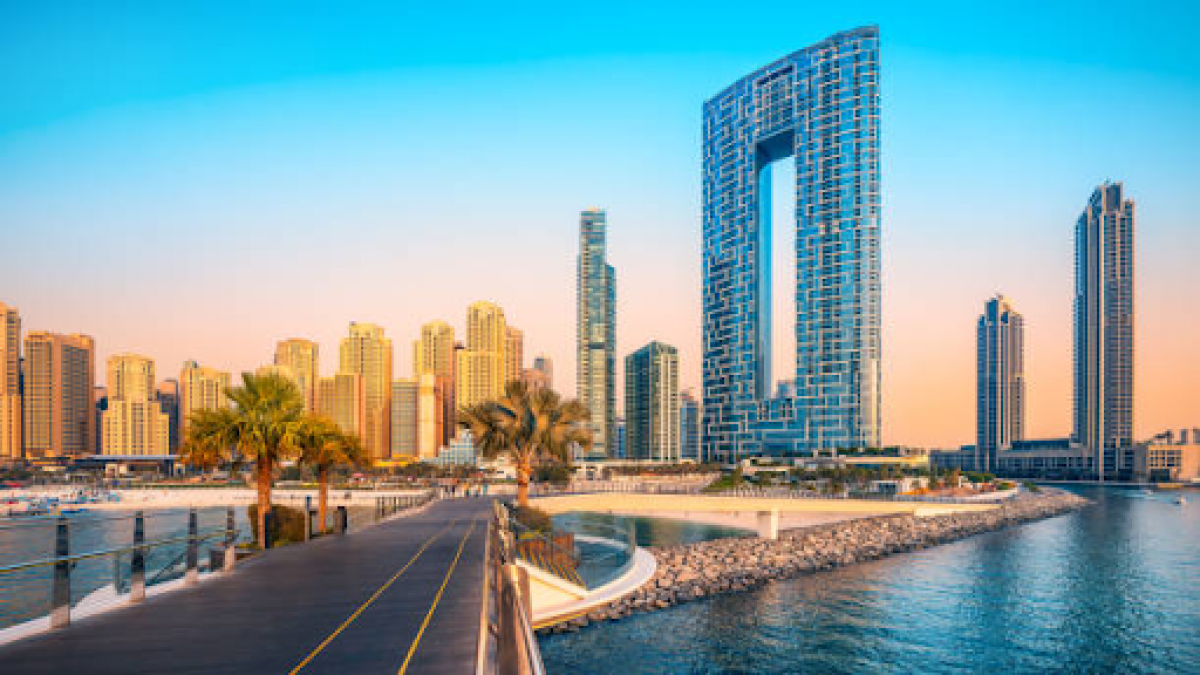Now Reading: Luxury Real Estate Tax Incentives in Dubai: What Buyers Need to Know
-
01
Luxury Real Estate Tax Incentives in Dubai: What Buyers Need to Know
Luxury Real Estate Tax Incentives in Dubai: What Buyers Need to Know

Luxury Real Estate Tax Incentives in Dubai are drawing global investors into the city’s fast-growing, high-end property market. Known for its opulent towers, waterfront villas, and tax-friendly environment, Dubai has become a top destination for the world’s wealthiest buyers. But what exactly makes its tax incentives so attractive? And how can buyers make the most of these opportunities?
This article breaks down everything potential investors need to know about luxury real estate tax incentives in Dubai in clear, simple language. Whether you’re a high-net-worth individual, a seasoned investor, or just exploring your options, here’s a deep dive into why Dubai stands out—and how to benefit legally and financially.
1. No Property Tax—A Rare Global Advantage

Perhaps the biggest draw in Dubai’s real estate scene is its zero property tax policy. Buyers who purchase luxury real estate in Dubai are not required to pay annual property taxes, a stark contrast to places like New York, London, or Paris where property taxes can be hefty.
This absence of recurring tax costs means long-term savings and greater return on investment. For high-end buyers looking to maintain portfolio value, this is a massive plus.
2. No Capital Gains Tax—Keep More of Your Profit
In most countries, selling a luxury home comes with a capital gains tax. But not in Dubai.
Dubai does not impose capital gains tax, meaning investors can sell their properties for profit without sharing a percentage with the government. This encourages flipping luxury apartments and villas as a high-profit investment model, especially in the current booming market.
This makes Dubai one of the few places globally where real estate investment growth translates directly into investor profit—unfiltered by government deductions.
3. No Inheritance or Wealth Tax
Dubai’s tax structure also exempts luxury property owners from inheritance tax or wealth tax. If a buyer passes the property on to heirs or family members, there are no government-imposed financial hurdles, making estate planning easier and more efficient.
For ultra-wealthy individuals looking to secure multi-generational assets, Dubai’s real estate tax incentives provide one of the most straightforward frameworks globally.
4. One-Time Transfer Fee Instead of Recurring Tax
While there is no annual property tax, there is a one-time transfer fee of 4% when purchasing property in Dubai. This fee is shared between the buyer and seller, though negotiations may shift that responsibility.
This transparent, upfront cost is far less burdensome than annual tax bills. Buyers can plan more accurately, with no surprise increases or reappraisals.
5. Foreign Buyers Have Equal Rights
Another major benefit of luxury real estate tax incentives in Dubai is that foreign investors are treated equally under the law. Unlike many countries where foreign ownership can result in additional taxes or restrictions, Dubai’s property laws are investor-friendly and straightforward.
As long as the property is located in a designated freehold area, international investors enjoy full ownership rights, including leasing, selling, and transferring the property without additional tax consequences.
6. Golden Visa Incentives for Property Investors
Buyers who invest in luxury properties worth AED 2 million or more (approximately USD 545,000) are eligible for Dubai’s 10-year Golden Visa. This visa offers long-term residency with zero income tax and simplified family sponsorship.
The Golden Visa is a powerful incentive, especially for investors looking to settle in a tax-free environment while owning prime real estate. It adds another dimension to Dubai’s already attractive tax benefits.
7. Strategic Government Policies Support Investors
Dubai’s government is actively working to make the city a hub for global wealth migration. With supportive regulations, transparent property laws, and zero income tax, luxury real estate tax incentives in Dubai are designed to encourage long-term investment.
Over the past decade, Dubai has steadily risen in global rankings for real estate transparency. This gives international investors more confidence when parking large sums of money in Dubai’s property market.
Key Legal Notes Buyers Must Know
While Dubai’s tax structure is clearly favorable, buyers must still follow legal due diligence to maximize benefits:
- Ensure the property is in a freehold zone
- Register the transaction through the Dubai Land Department (DLD)
- Be aware of any mortgage or bank-related charges
- Understand the 4% DLD fee and any service charges applicable annually
Hiring a licensed real estate agent or legal advisor is highly recommended, especially for first-time foreign investors.
Why Wealthy Investors Prefer Dubai Now

Amid global economic uncertainty, Dubai’s tax-free environment offers stability. Whether you’re buying a penthouse in Downtown, a villa in Palm Jumeirah, or an off-plan property in Dubai Marina, the lack of recurring taxes allows you to focus on wealth growth, not tax planning.
Combine that with political stability, rapid infrastructure growth, and strong rental yields, and it’s no surprise Dubai’s luxury property sector is booming in 2025.
Conclusion: Dubai Offers More Than Just Luxury—It Offers Relief
Luxury Real Estate Tax Incentives in Dubai are more than marketing hype—they’re real, measurable, and profitable. From zero annual property taxes to capital gains exemption, the city continues to attract global attention.
For buyers, understanding these incentives isn’t just smart—it’s necessary. Dubai’s real estate market offers the chance to grow wealth without being heavily taxed. For those ready to act, the city’s luxury property offerings are not only glamorous but financially liberating.
Table of Contents
Luxury Real Estate Tax Incentives in Dubai are drawing global investors into the city’s fast-growing, high-end property market. Known for its opulent towers, waterfront villas, and tax-friendly environment, Dubai has become a top destination for the world’s wealthiest buyers. But what exactly makes its tax incentives so attractive? And how can buyers make the most of these opportunities?
This article breaks down everything potential investors need to know about luxury real estate tax incentives in Dubai in clear, simple language. Whether you’re a high-net-worth individual, a seasoned investor, or just exploring your options, here’s a deep dive into why Dubai stands out—and how to benefit legally and financially.
1. No Property Tax—A Rare Global Advantage
Perhaps the biggest draw in Dubai’s real estate scene is its zero property tax policy. Buyers who purchase luxury real estate in Dubai are not required to pay annual property taxes, a stark contrast to places like New York, London, or Paris where property taxes can be hefty.
This absence of recurring tax costs means long-term savings and greater return on investment. For high-end buyers looking to maintain portfolio value, this is a massive plus.
2. No Capital Gains Tax—Keep More of Your Profit
In most countries, selling a luxury home comes with a capital gains tax. But not in Dubai.
Dubai does not impose capital gains tax, meaning investors can sell their properties for profit without sharing a percentage with the government. This encourages flipping luxury apartments and villas as a high-profit investment model, especially in the current booming market.
This makes Dubai one of the few places globally where real estate investment growth translates directly into investor profit—unfiltered by government deductions.
3. No Inheritance or Wealth Tax
Dubai’s tax structure also exempts luxury property owners from inheritance tax or wealth tax. If a buyer passes the property on to heirs or family members, there are no government-imposed financial hurdles, making estate planning easier and more efficient.
For ultra-wealthy individuals looking to secure multi-generational assets, Dubai’s real estate tax incentives provide one of the most straightforward frameworks globally.
4. One-Time Transfer Fee Instead of Recurring Tax
While there is no annual property tax, there is a one-time transfer fee of 4% when purchasing property in Dubai. This fee is shared between the buyer and seller, though negotiations may shift that responsibility.
This transparent, upfront cost is far less burdensome than annual tax bills. Buyers can plan more accurately, with no surprise increases or reappraisals.
5. Foreign Buyers Have Equal Rights
Another major benefit of luxury real estate tax incentives in Dubai is that foreign investors are treated equally under the law. Unlike many countries where foreign ownership can result in additional taxes or restrictions, Dubai’s property laws are investor-friendly and straightforward.
As long as the property is located in a designated freehold area, international investors enjoy full ownership rights, including leasing, selling, and transferring the property without additional tax consequences.
6. Golden Visa Incentives for Property Investors
Buyers who invest in luxury properties worth AED 2 million or more (approximately USD 545,000) are eligible for Dubai’s 10-year Golden Visa. This visa offers long-term residency with zero income tax and simplified family sponsorship.
The Golden Visa is a powerful incentive, especially for investors looking to settle in a tax-free environment while owning prime real estate. It adds another dimension to Dubai’s already attractive tax benefits.
7. Strategic Government Policies Support Investors
Dubai’s government is actively working to make the city a hub for global wealth migration. With supportive regulations, transparent property laws, and zero income tax, luxury real estate tax incentives in Dubai are designed to encourage long-term investment.
Over the past decade, Dubai has steadily risen in global rankings for real estate transparency. This gives international investors more confidence when parking large sums of money in Dubai’s property market.
Key Legal Notes Buyers Must Know
While Dubai’s tax structure is clearly favorable, buyers must still follow legal due diligence to maximize benefits:
- Ensure the property is in a freehold zone
- Register the transaction through the Dubai Land Department (DLD)
- Be aware of any mortgage or bank-related charges
- Understand the 4% DLD fee and any service charges applicable annually
Hiring a licensed real estate agent or legal advisor is highly recommended, especially for first-time foreign investors.
Why Wealthy Investors Prefer Dubai Now
Amid global economic uncertainty, Dubai’s tax-free environment offers stability. Whether you’re buying a penthouse in Downtown, a villa in Palm Jumeirah, or an off-plan property in Dubai Marina, the lack of recurring taxes allows you to focus on wealth growth, not tax planning.
Combine that with political stability, rapid infrastructure growth, and strong rental yields, and it’s no surprise Dubai’s luxury property sector is booming in 2025.
Conclusion: Dubai Offers More Than Just Luxury—It Offers Relief
Luxury Real Estate Tax Incentives in Dubai are more than marketing hype—they’re real, measurable, and profitable. From zero annual property taxes to capital gains exemption, the city continues to attract global attention.
For buyers, understanding these incentives isn’t just smart—it’s necessary. Dubai’s real estate market offers the chance to grow wealth without being heavily taxed. For those ready to act, the city’s luxury property offerings are not only glamorous but financially liberating.
Also Read – Dubai Luxury Real Estate: A Safe Haven for Global Investors






















